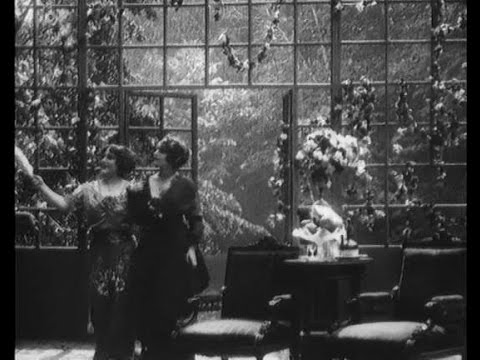< Program > PANEL NO. 2: The Professionalization of Filmmaking
The paper explores early cinema professionalization through the transmedial career of Russian director Evgenii Bauer, who worked across different arts and practices including amusement gardens, theater scenography, and painting. Specifically, it tracks emancipation of film directing in Bauer’s transition from the skills of stage designer to the crafts of film director as a profession, emerging circa the early 1910s. I argue that Bauer’s role as a set designer, that included more than twenty years in the pictorial theater of operetta-féerie,and his techniques in the fabricated environment are crucial for shaping a new profession of film director. I further argue that the set design practice functioned simultaneously as a juncture of these two professions and a site of their separation. Considering Bauer’s innovation in theater scenography – a reform of the stage wings that reveals a departure from the conception of space, offered by the post-Renaissance theater and dominated by the central axis – I survey how his architecture of the film set plays with materiality of various surfaces such as glass and gauze. I finally claim that Bauer’s conception of the set as a designed milieu converged with the privileging of mood, while his techniques, especially the veil effect, became technologies of atmosphere and markers of the film director’s craft.

Oksana Chefranova (Yale University)
Oksana Chefranova is postdoctoral Research Scholar in Film and Media Studies at Yale University, where she is working on her first book, From Garden to Kino: Evgenii Bauer and Expanded Environments of Early Cinema. The research for the book is supported by the National Endowment for the Humanities Fellowship, the MacMillan Center for International and Area Studies at Yale University, and Andrew Mellon International Dissertation Research Fellowship. Recently, she contributed a chapter “On Genealogy of Translucent Screen and Rehabilitation of the Ephemeral: Post-Cinema, Installation, Performance” to the volume Surface and Apparition: The Immateriality of Modern Surface (ed. by Yeseung Lee, Bloomsbury Academic Press, 2020). Her other projects and research interests focus on early film theory, history and theory of camera movement, landscape, experimental film and art practice, the artists’ moving image, and critical curatorial studies.
